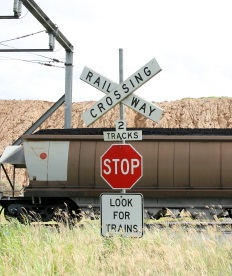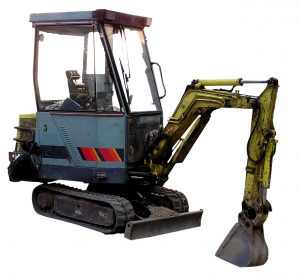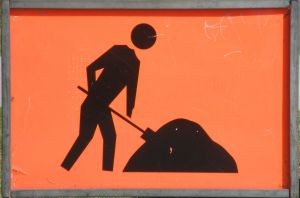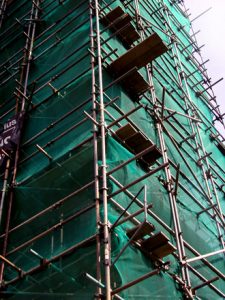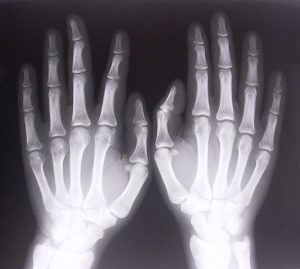In most jobs in the Greater Boston area, a worker is an employee of his or her company or boss and there is very little question about that classification. This is true if you work for hourly wages at a fast food restaurant and it is also true if you are the regional manager for a large company in most cases. The point is, most workers get a paycheck every two weeks or each month and the employer must withhold taxes based upon the allowance claimed by an employee. At the end of the year, an employee is entitled to a W-2 form declaring to the U.S. Internal Revenue Service (IRS), what he or she has made each year and how much he or she has already paid in taxes and other federal withholdings. There are however, some occupations where the lines are blurred and the worker may actually be an independent contractor.
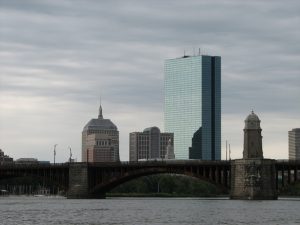 This matters in Boston workers’ compensation cases because while an employee within the meaning of the statute (Chapter 152, Section 1(1A) of the Massachusetts General Laws (M.G.L)), is entitled to workers’ compensation in the event of an on the job injury or work-related illness, independent contractors are not. This means if an independent contractor is injured on the job or becomes sick due to a work-related illness, he or she will have to use personal health insurance and will not be compensated for any lost wages due to time missed from work unless he or she has private short or long-term disability insurance. If it is possible to afford such coverage, it is usually a good idea to get it in the even the worker in injured while on the job in Boston. Continue reading
This matters in Boston workers’ compensation cases because while an employee within the meaning of the statute (Chapter 152, Section 1(1A) of the Massachusetts General Laws (M.G.L)), is entitled to workers’ compensation in the event of an on the job injury or work-related illness, independent contractors are not. This means if an independent contractor is injured on the job or becomes sick due to a work-related illness, he or she will have to use personal health insurance and will not be compensated for any lost wages due to time missed from work unless he or she has private short or long-term disability insurance. If it is possible to afford such coverage, it is usually a good idea to get it in the even the worker in injured while on the job in Boston. Continue reading
 Massachusetts Workers Compensation Lawyers Blog
Massachusetts Workers Compensation Lawyers Blog




